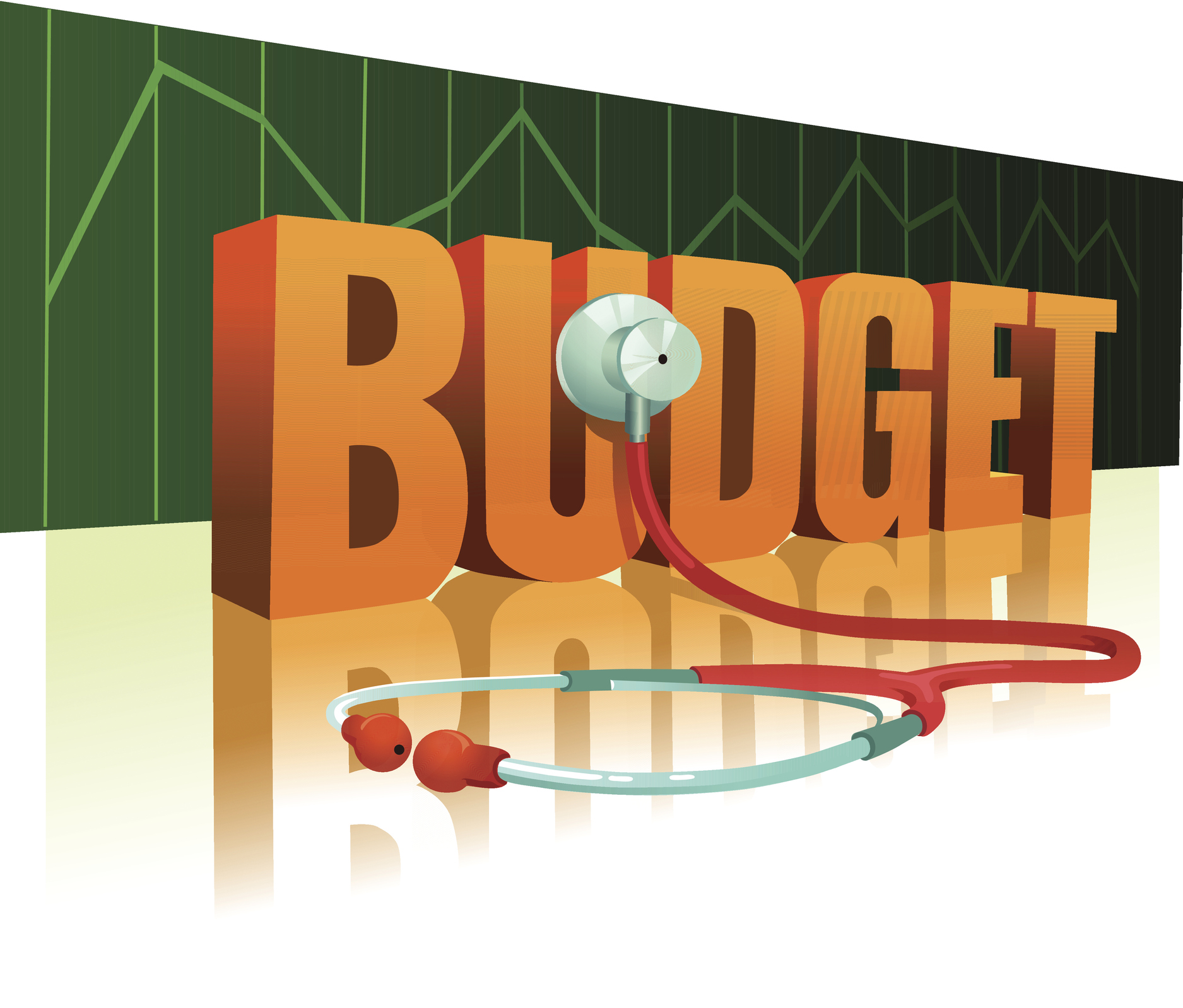Fiscal Policy Analysis (FPA)

This course, presented by the Institute for Capacity Development, provides an overview of the concepts, tools, and techniques used to analyze how fiscal policy can help ensure macroeconomic stability and sustainable long-term growth. This hands-on course is built around the core macro-fiscal topics needed to analyze fiscal policy. The learning units include general empirical findings, Microsoft Excel-based workshops, case studies, and selected topics of regional interest. The FPA course integrates post-COVID data, recent research, and policy discussions by the Fund. It also includes an inclusive growth component, featuring new units on climate change and gender inequality. The course features selected non-core lectures on energy subsidy reform and fiscal frameworks for resource-rich economies. It also includes review sessions and participant presentations.
The course will appeal to officials seeking to deepen their understanding of how fiscal policy impacts the economy and to learn about related analytical tools.
Target Audience
Junior to senior officials interested in understanding fiscal policy and its macroeconomic implications.
Qualifications
Participants are expected to have taken undergraduate courses in macroeconomics or have equivalent experience and have a basic background in microeconomics and econometrics. It is strongly recommended that applicants have completed the Financial Programming and Policies (FPP) course. Familiarity with Microsoft Excel is essential as many workshops are conducted in Excel.
Course Objectives
Upon completion of this course, participants should be able to:
- Use fiscal policy to attain key government objectives: macro-stability, equity and efficiency, and sustainable long-term growth.
- Apply the tools and techniques acquired to assess the country’s fiscal stance, fiscal multipliers, and fiscal sustainability.
- Assess the key elements of tax and expenditure policy, including revenue mobilization and fiscal projection.
Syllabus
Upcoming Offering
| Start date | End date | Location | Delivery Method | Session No. | Primary & (Interpretation) language | Apply |
|---|---|---|---|---|---|---|
| September 2, 2024 | September 13, 2024 | Vienna, Austria | In-person Training | JV 24.26 | English (Russian) | Deadline passed |
| December 2, 2024 | December 13, 2024 | New Delhi, India | In-person Training | SA 24.40 | English | Apply online by October 3, 2024 |
| February 3, 2025 | February 13, 2025 | Abu Dhabi, United Arab Emirates | In-person Training | CE 25.07 | Arabic | Apply online by November 25, 2024 |
Videos
Introduction to Fiscal Policy Analysis course
Fintech Market Development and Policy Implications (FINTECH)
English (French) | October 14-18, 2024 | In-person Training | Ebene, Mauritius
Apply online by August 26, 2024
Consumer Price Index-Advanced (CPI-A)
English (Arabic) | November 4-15, 2024 | In-person Training | Abu Dhabi, United Arab Emirates
Apply online by August 26, 2024
Nowcasting (NWC)
English | October 14-25, 2024 | In-person Training | New Delhi, India
Apply online by August 26, 2024
Developing Domestic Debt Markets (DDM)
English (Arabic) | October 27-31, 2024 | In-person Training | Kuwait City, Kuwait
Apply online by August 27, 2024
Balance Sheet Approach (BSA)
English | November 4-8, 2024 | In-person Training | Singapore, Singapore
Apply online by August 30, 2024


